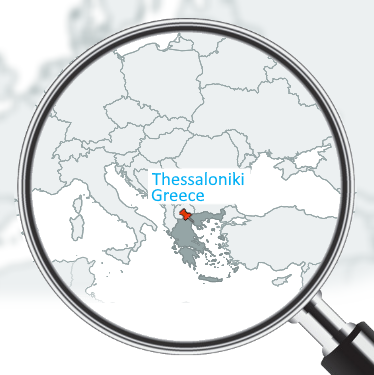Abstract:
Our study is a brief survey of the linguistic habits of a group of 9 Arabic (L1) – Greek (L2), L1-dominant bilingual speakers with similar profiles and backgrounds, students who are scholars of the military School of Medicine of the Aristotle University of Thessaloniki. For our survey we distributed a questionnaire from which we attained some basic information concerning the profiles of our participants and their code-switching habits. More specifically, we designed four main questions through which we examined four main aspects of code-switching, i.e., situations where code-switching occurs, the type of interlocutors with whom one code-switches, the type of linguistic register in which people code-switch and the reasons and motivations behind this phenomenon.
We found that most participants code-switch either consciously or unconsciously, in real time face-to-face communication, mostly in relaxed environments, with interlocutors that are their friends, while using informal register and that they mostly do so for purposes of linguistic and communicative efficiency. Despite our sample being rather limited for the purposes of this brief essay, we hope that we have made a point and we believe that our results may be, up to a point, indicative of the function of code-switching and the way that it is dependent on context and extra-linguistic factors. Of course, further, more detailed research, involving a closer look into samples of speech of code-switchers could provide a more interesting insight into both linguistic and non-linguistic aspects of code-switching.
Finally, we would like to underline the fact that bilingualism, multilingualism and linguistic phenomena such as code-switching exhibited by non-monolingual populations are basically the norm in the modern multicultural global society, characterized by hybridity and diversity in every domain. In that sense, it seems better that we embrace such phenomena, consider them characteristic of our era and try to benefit from their scientific observation. For instance, research has shown that code-switching practices can be employed in education, with very positive results. As already mentioned, more research into code-switching will shed more light into more of its various aspects.

